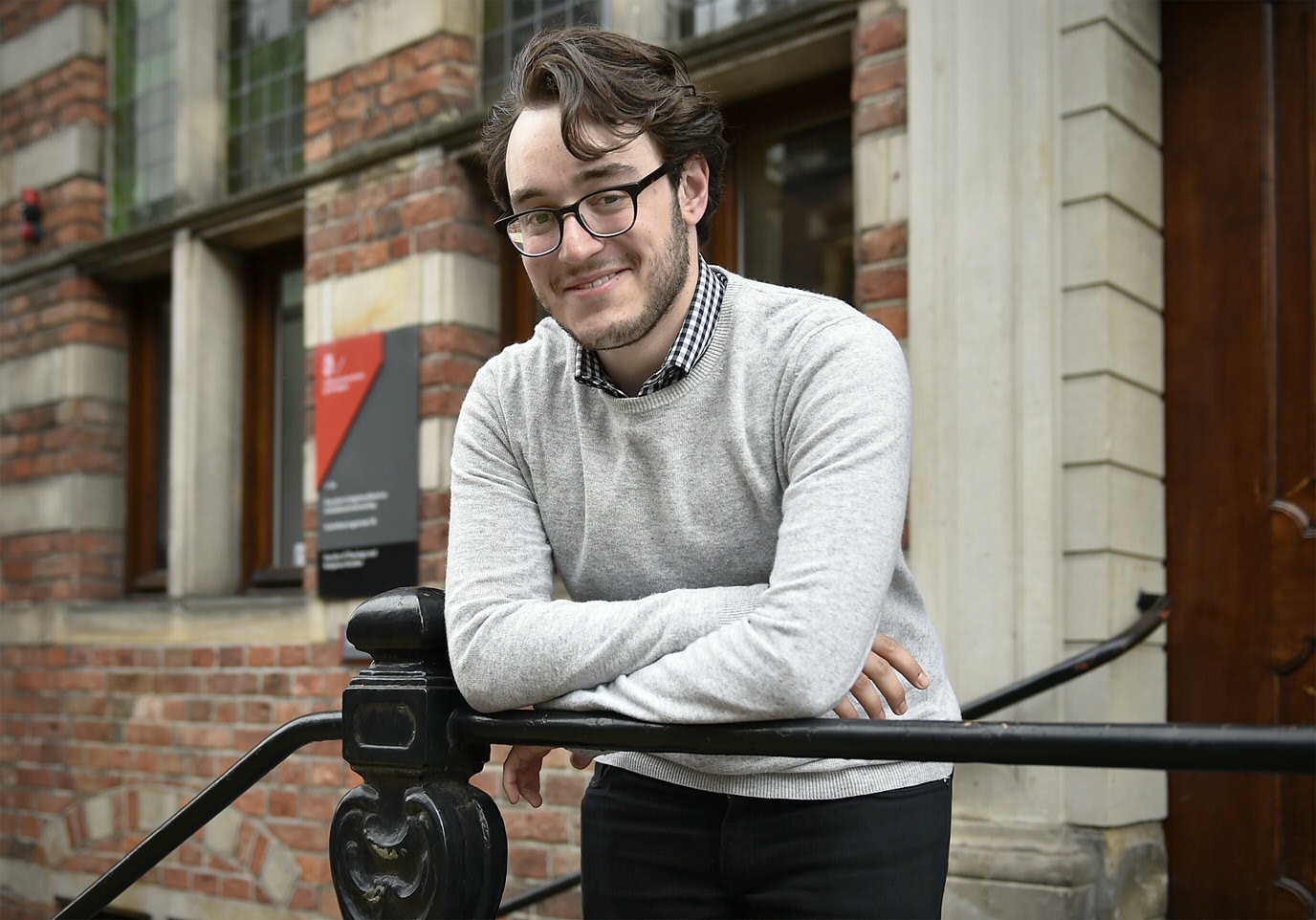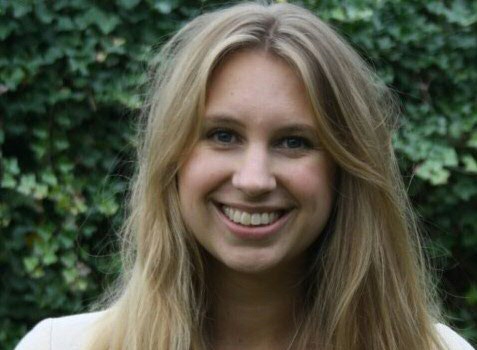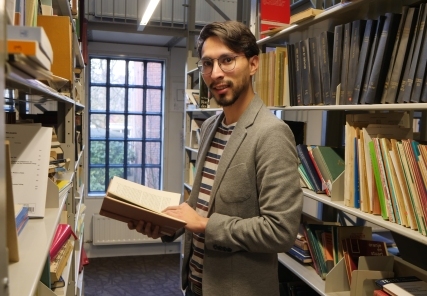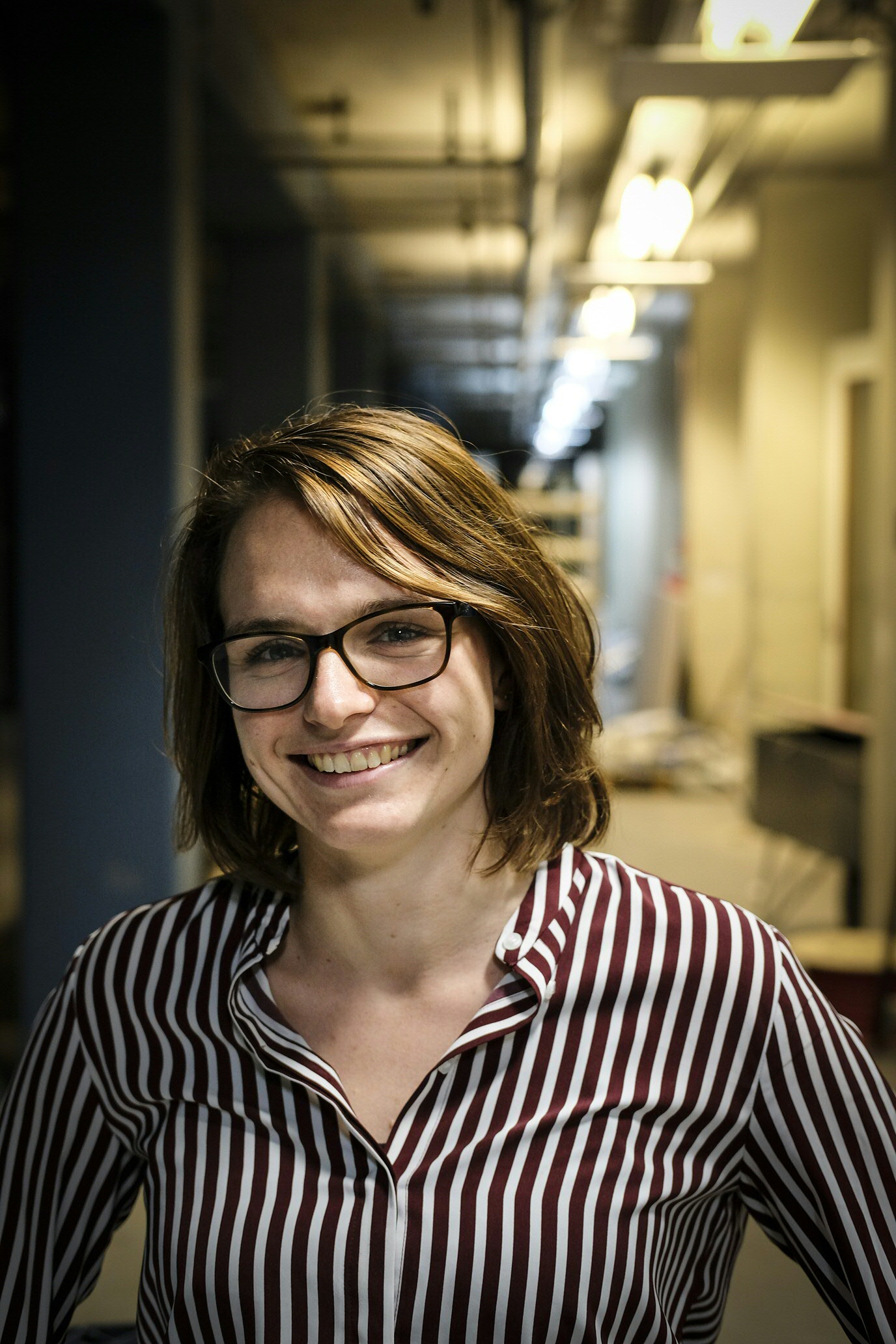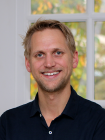track Religion, Conflict and Globalization
How are religion, conflict and peace related? How does globalization affect local religious traditions? How do religious and secular parties interact in debates on conflict, migration and gender?
Religion is involved in many of the major conflicts that the world is currently facing, and at various levels. At the same time, religion is also an essential part of people's lives, and has become an important basis for solidarity between people all over the world.Despite the importance of religion in society and politics, NGOs, governments and journalists alike often have misguided understandings of the role of religion in the modern world, and the meaning that it holds for various peoples, relying on simplistic and outdated assumptions. This can contribute to disagreements, tensions and misunderstandings, with potentially serious consequences.Within this MA-track, you will study the key role of religion in the dynamics of globalization, and how this relates to conflicts shaping contemporary societies. You will delve into understanding how conflicts and peacebuilding are intertwined with religious interests, practices and diverse identities. The programme is interdisciplinary and comprehensive; including political, social, psychological, cultural and legal dimensions.During the programme, you can specialise in themes such as conflict and peacebuilding, migration and gender.


